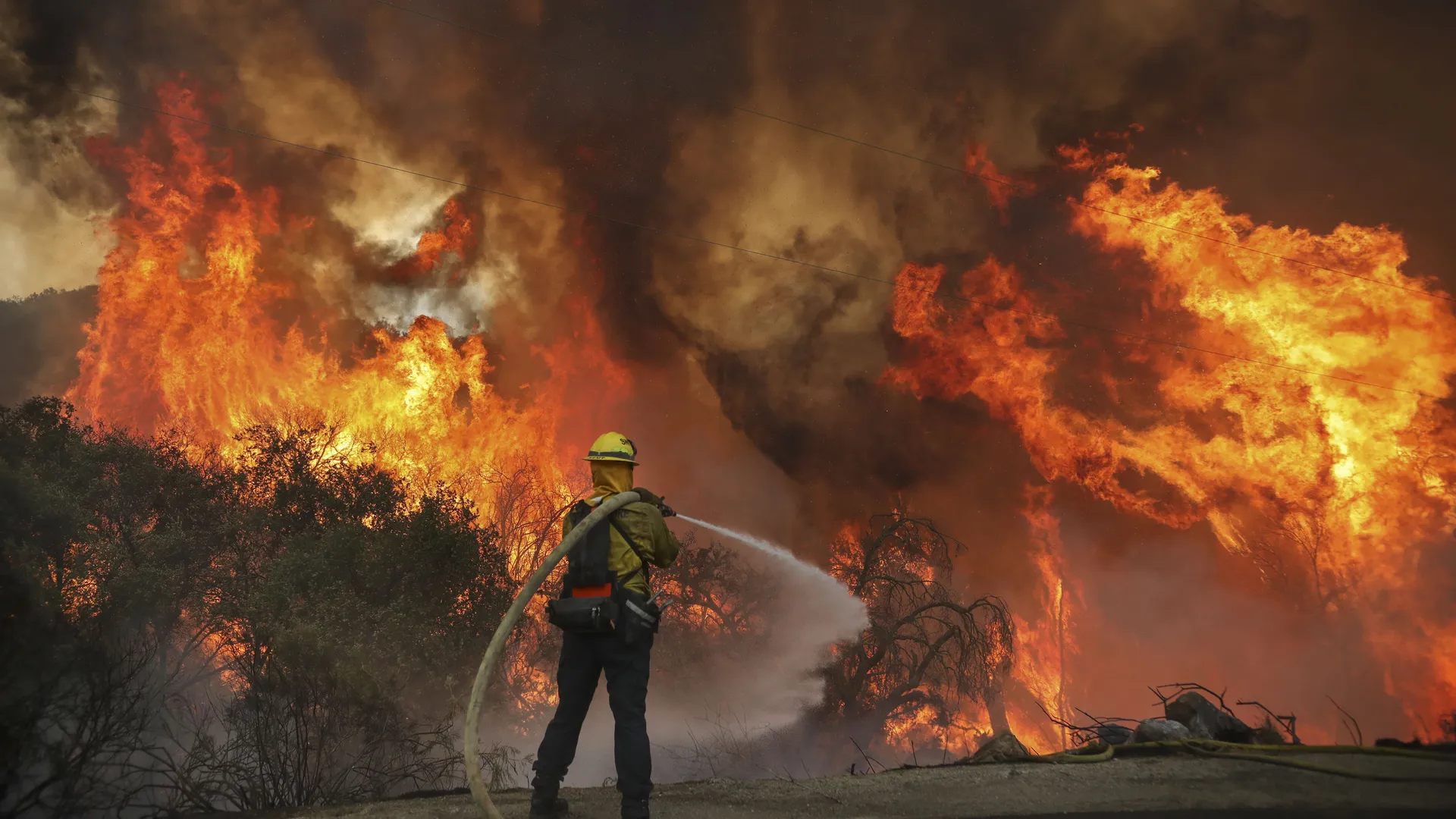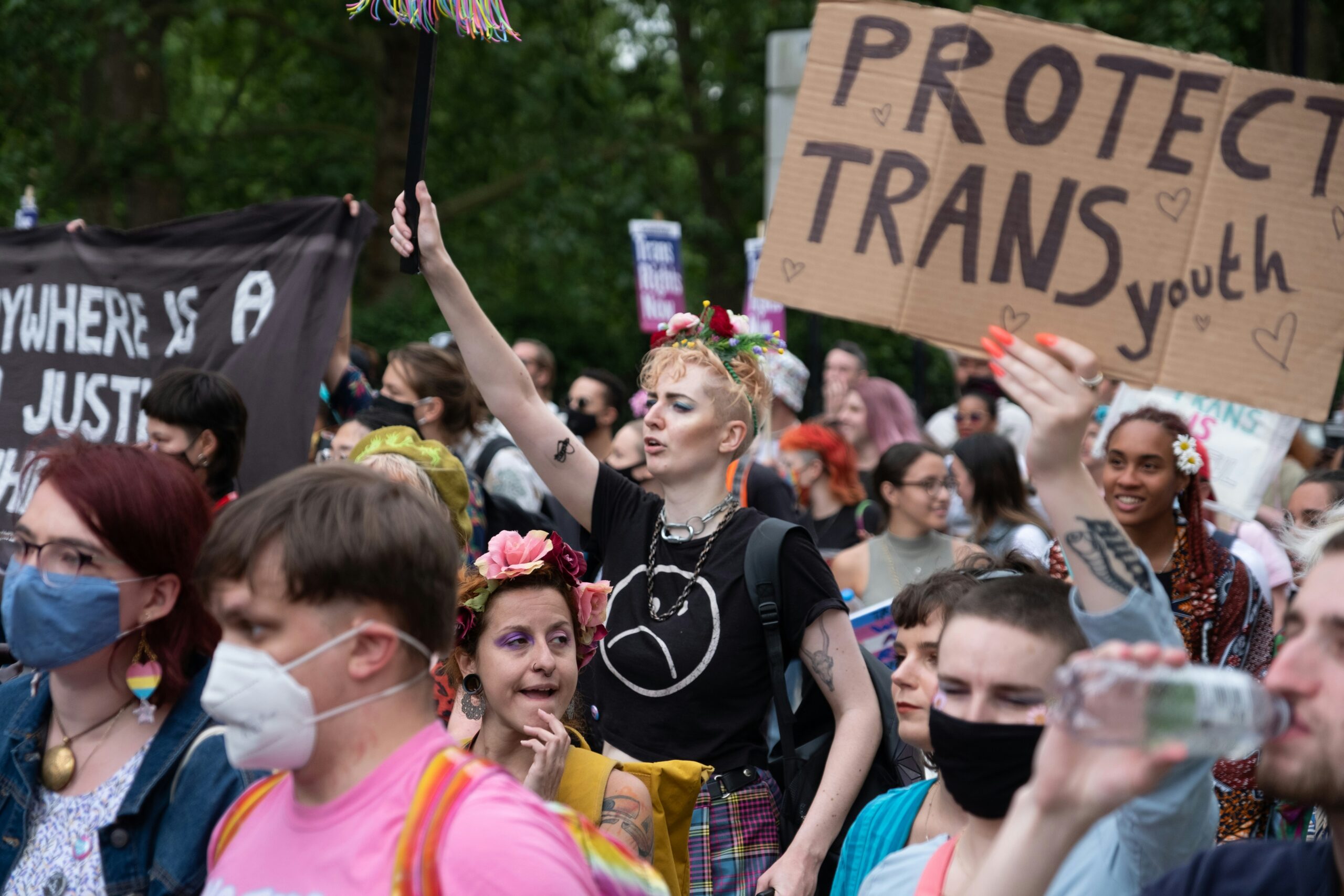 By Claudia. J. Gonzalez and Nayoon Jin
By Claudia. J. Gonzalez and Nayoon Jin
This story originally posted to New America Media.
OAKLAND, Calif. — Why are Black and Latino men across the country shot and killed by police officers at rates far surpassing whites? Why are Black and Latino students in California’s Central Valley 548 percent and 469 percent, respectively, more likely to be disciplined than their white peers?
The answer, according to experts and criminal justice advocates at the Mind Science and Social Justice Conference, is implicit bias.
“Implicit bias is costing us lives and millions of dollars,” said Pastor Michael McBride of Black Lives Matter and the community-based organization PICO California.
McBride is a native of San Francisco and has gained prominence for his work against gun violence and mass incarceration. He was among some 100 academics, organizers, activists, journalists and civil rights attorneys who gathered for the Mind Science and Social Justice Conference in Oakland last week to discuss the impact of implicit bias on the nation’s criminal justice system.
Implicit bias refers to ingrained prejudices informed by societal attitudes and stereotypes that affect how we interact with others. The concept has gained increased attention following the deaths of unarmed black men at the hands of local police in Missouri, New York and Baltimore.
Social justice activists and experts have long pointed to the negative effects of implicit bias for minority groups in a variety of areas, including employment opportunities, immigration, and health care access.
A recent Stanford study notes that teachers across the country are three times as likely to discipline African American students than they are whites.
Christopher Bridges, 30, is the Butler Koshland Legal Fellow for the Equal Justice Society. Bridges helped organize the two-day conference, which ran through June 2. He said the aim was to connect people working in the criminal justice field to the research around implicit bias.
According to Bridges, EJS has been a strong advocate of engaging social scientists and community leaders “to talk, share, and engage in the research and data that is flourishing around implicit bias and to better understand how it affects people who are more disparately impacted by laws and procedures, and authority,” said Bridges.
“We hope this conference can locate a wider, deeper network of individuals who are able to share and produce resources, outcomes, and policy measures, “ continued Bridges. “ That might be effective in the political work that we do, primarily with a social justice focus.”
Panels included “Mind Science and the Social Justice World,” “Girls and Implicit Bias,” and “Bias, Anxiety and Intergroup Relations.”
The conference was organized by EJS, the National Center for Youth Law, the Haas Institute for a Fair and Inclusive Society, and the Perception Institute, and made possible by The California Endowment.Videos from some of the panel discussions will be available shortly. For more information you can visit the EJS website.


